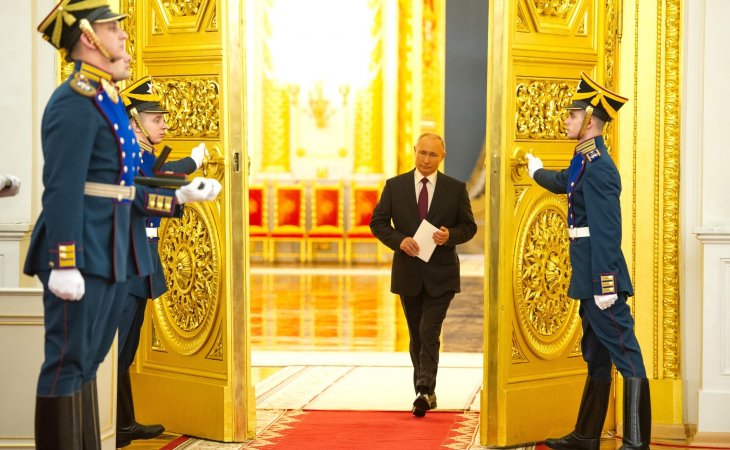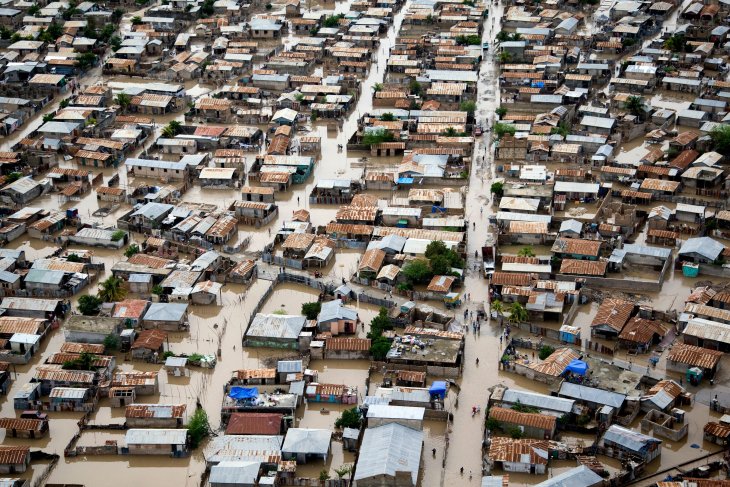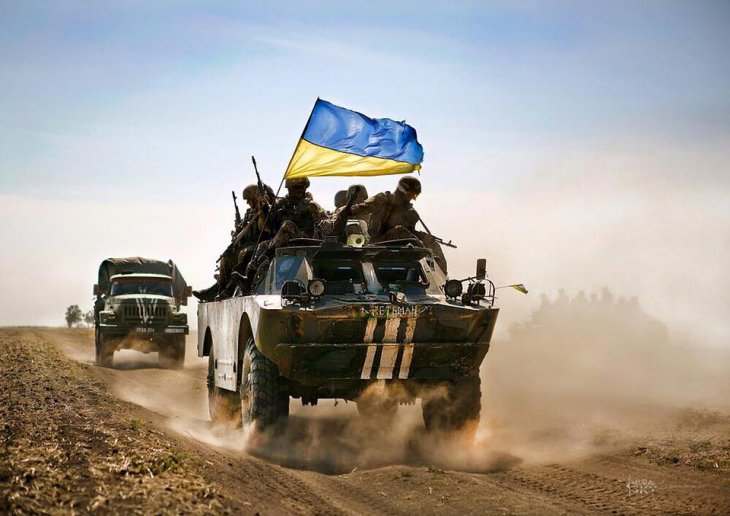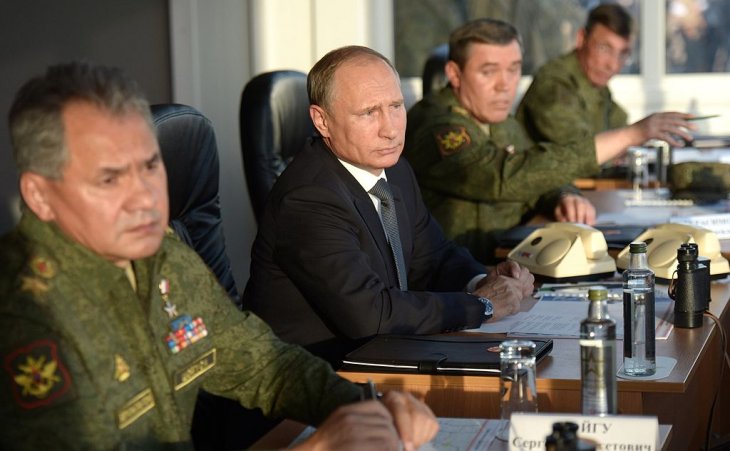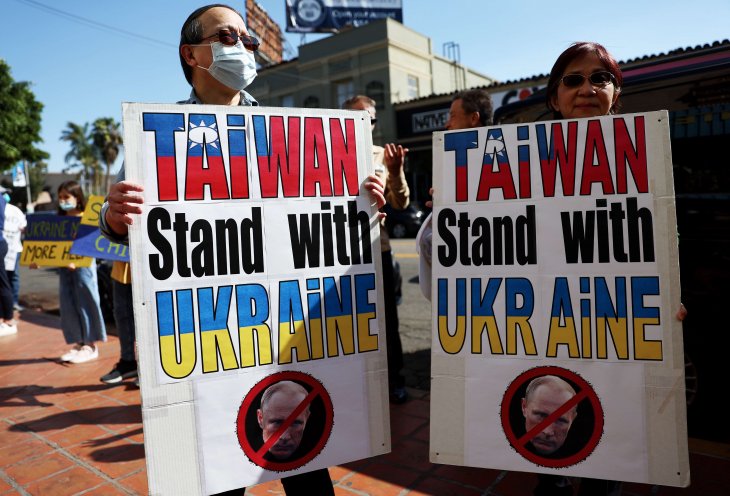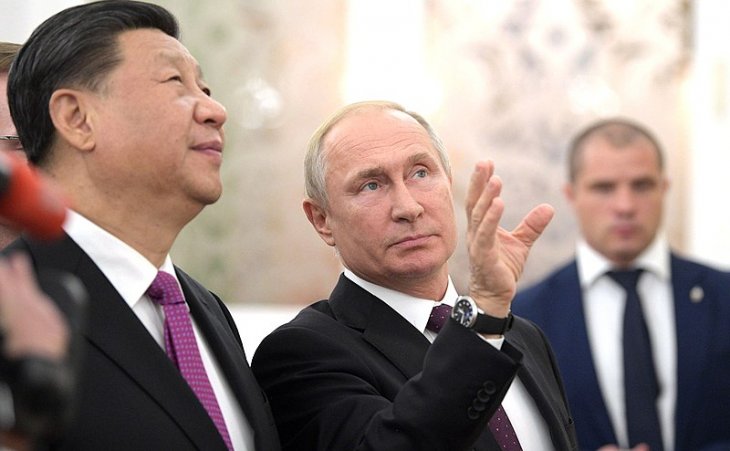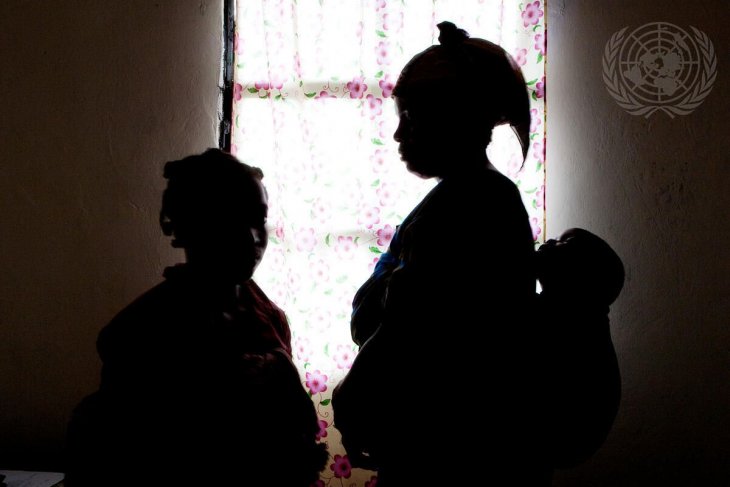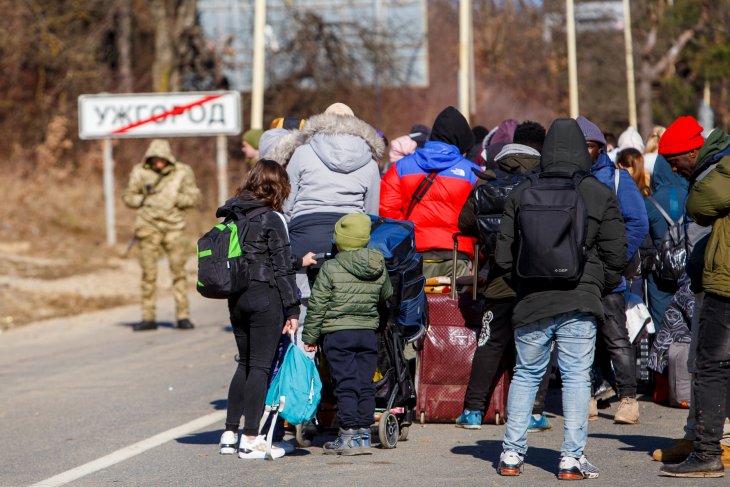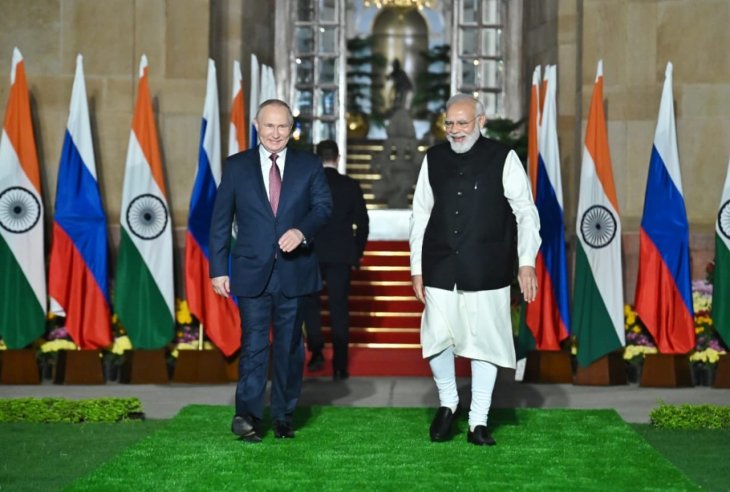The crisis in Ukraine reveals some distinct opinions about how the world is viewed. Most accurately, people see Russia as distinct from Ukraine, in which case what is taking place would be best evaluated as interstate war. Putin and his supporters, however, seem to see things in a different way.
On the one hand, they seem to view Ukraine as a distinct part of Russia, in which case what is taking place would be best evaluated as state repression. Here, a part of the “real” nation has acted in a threatening manner and the “true” political authority is attempting to put down and re-establish dominance.
On the other hand, clearly contradicting the position above, Putin and his supporters have occasionally yielded that Ukraine is a separate nation but noted that they are engaging in behavior that threatens Russians in their midst: genocide.
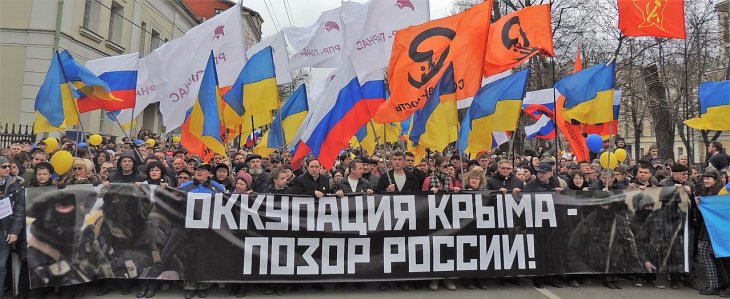
“We will need to see how much repression will be used against the behavioral challengers in Russia”. Slogan from Moscow in 2014: “Occupation of the Crimea is a shame of Russia”. Wikimedia Commons
Norms against invading other countries are strong and longstanding, so there is perhaps no other justification for moving into another nation than to save its occupants from large-scale, violent, state-sponsored repression.Read More
